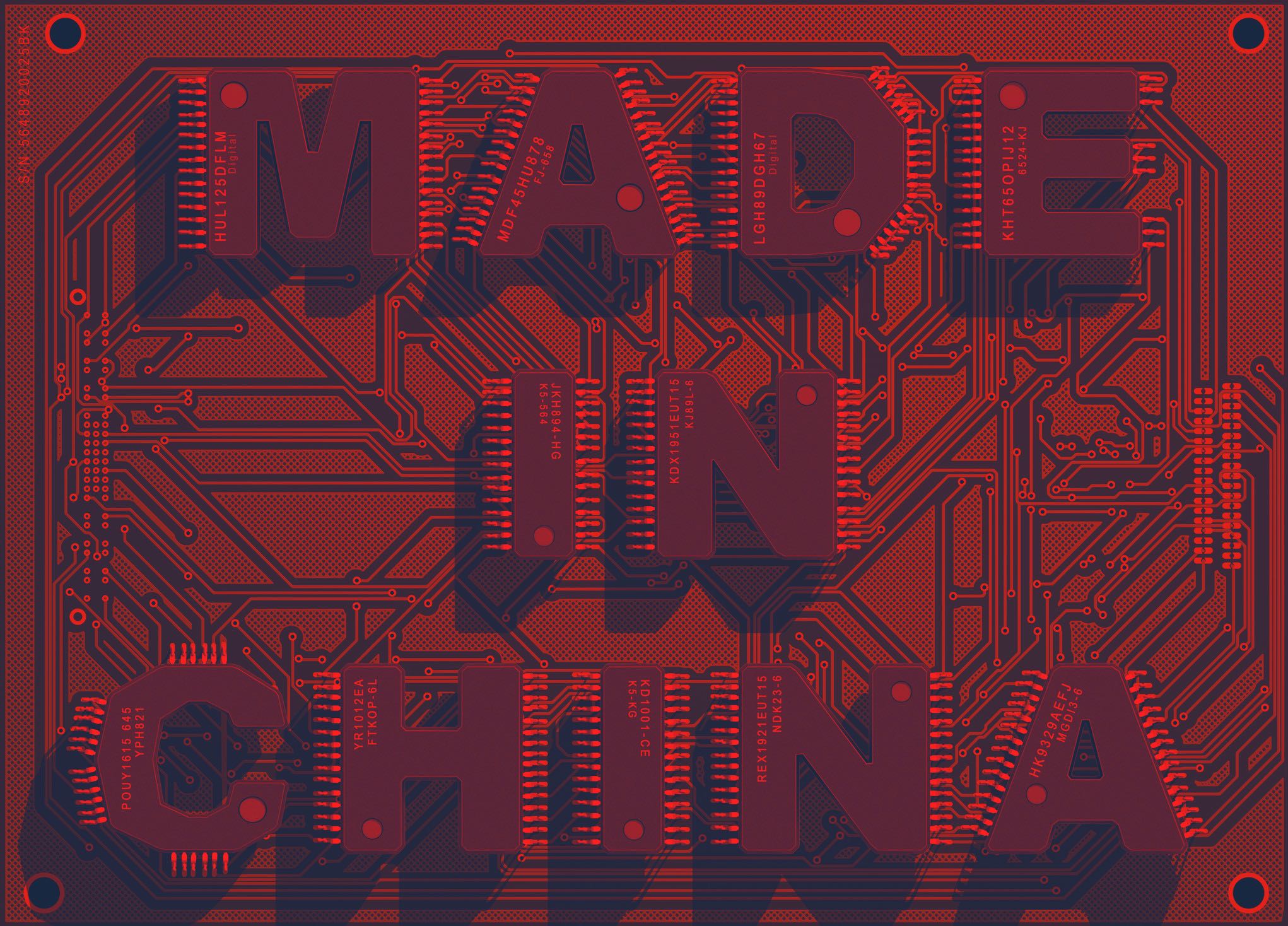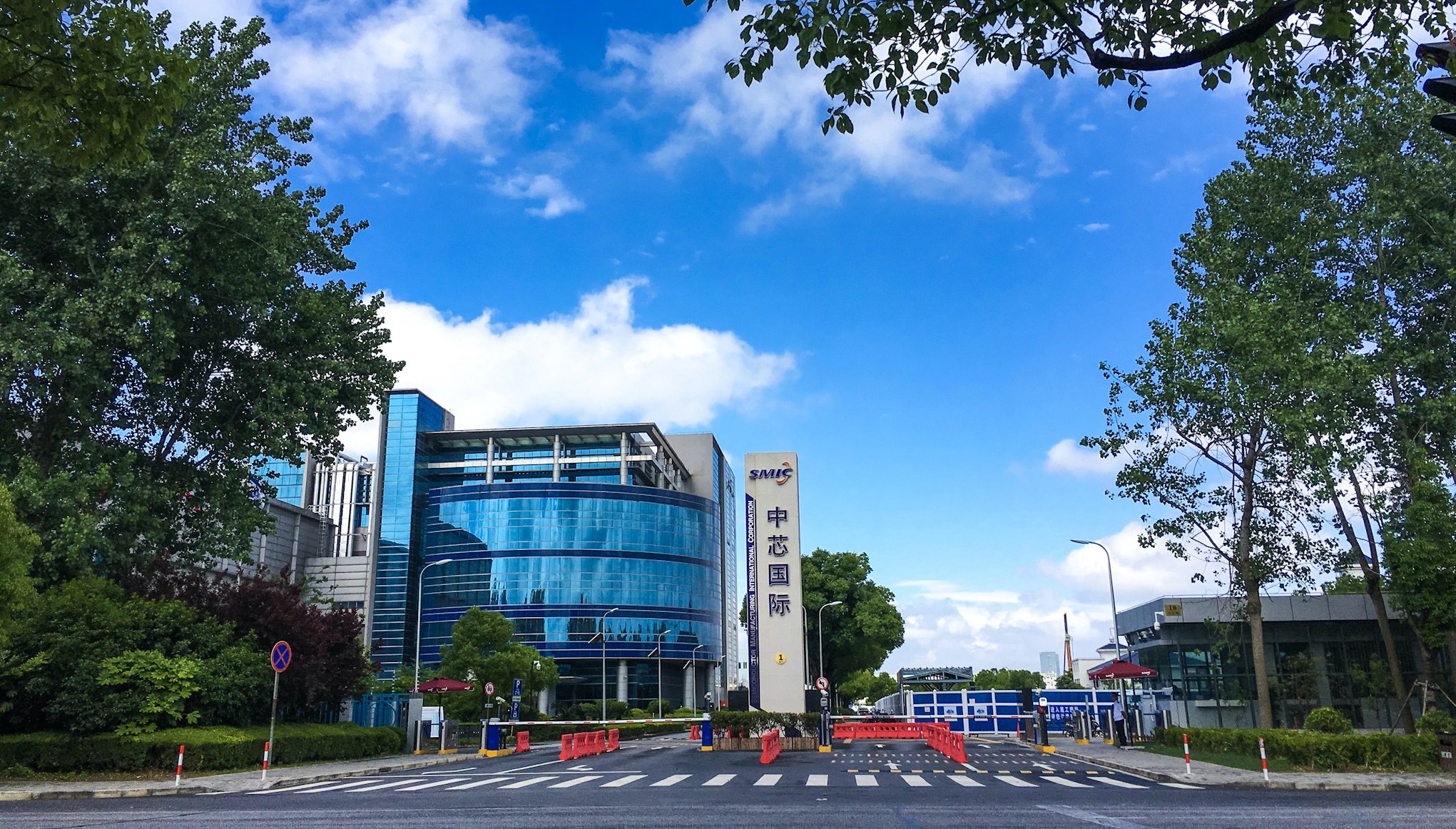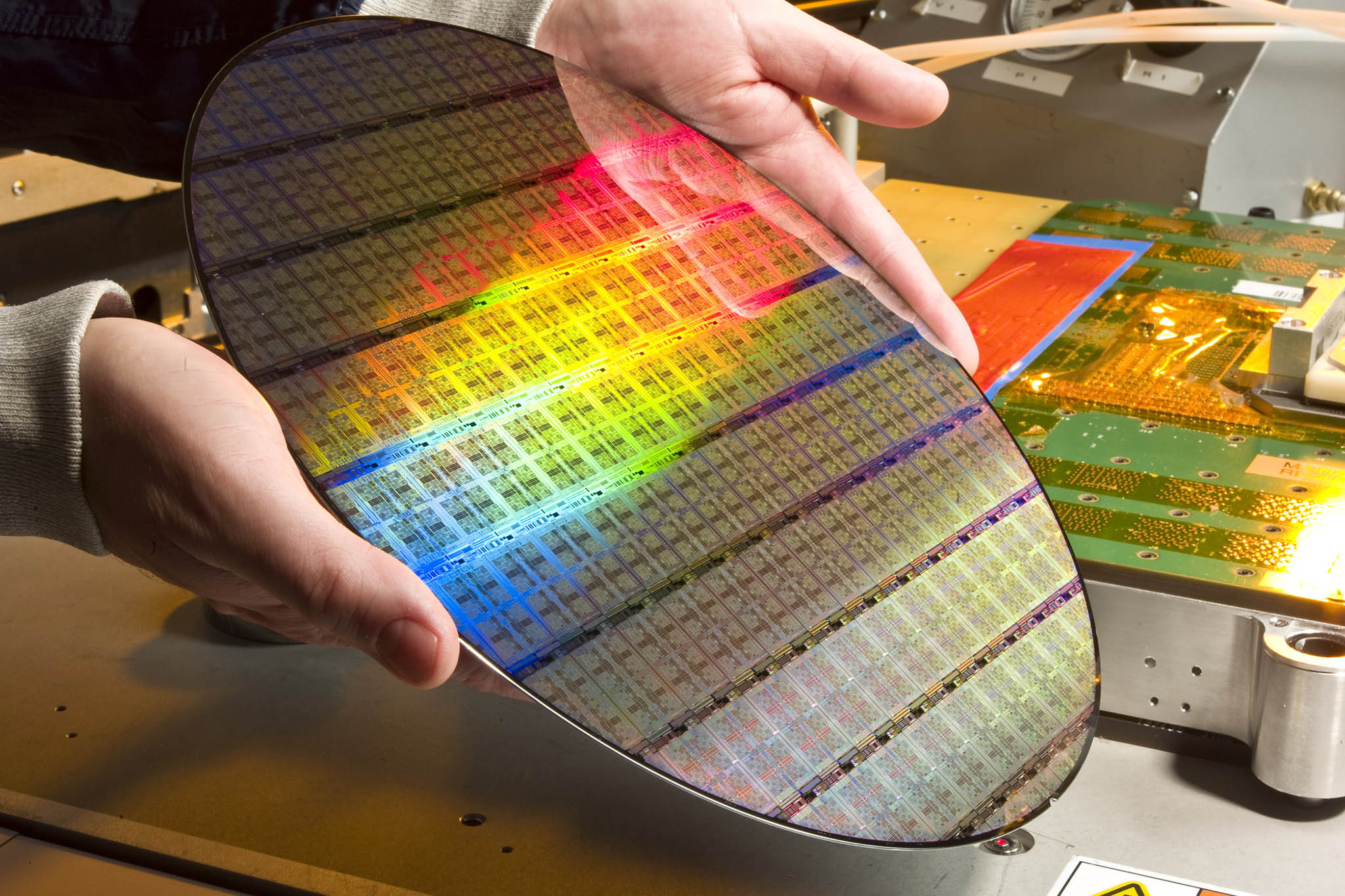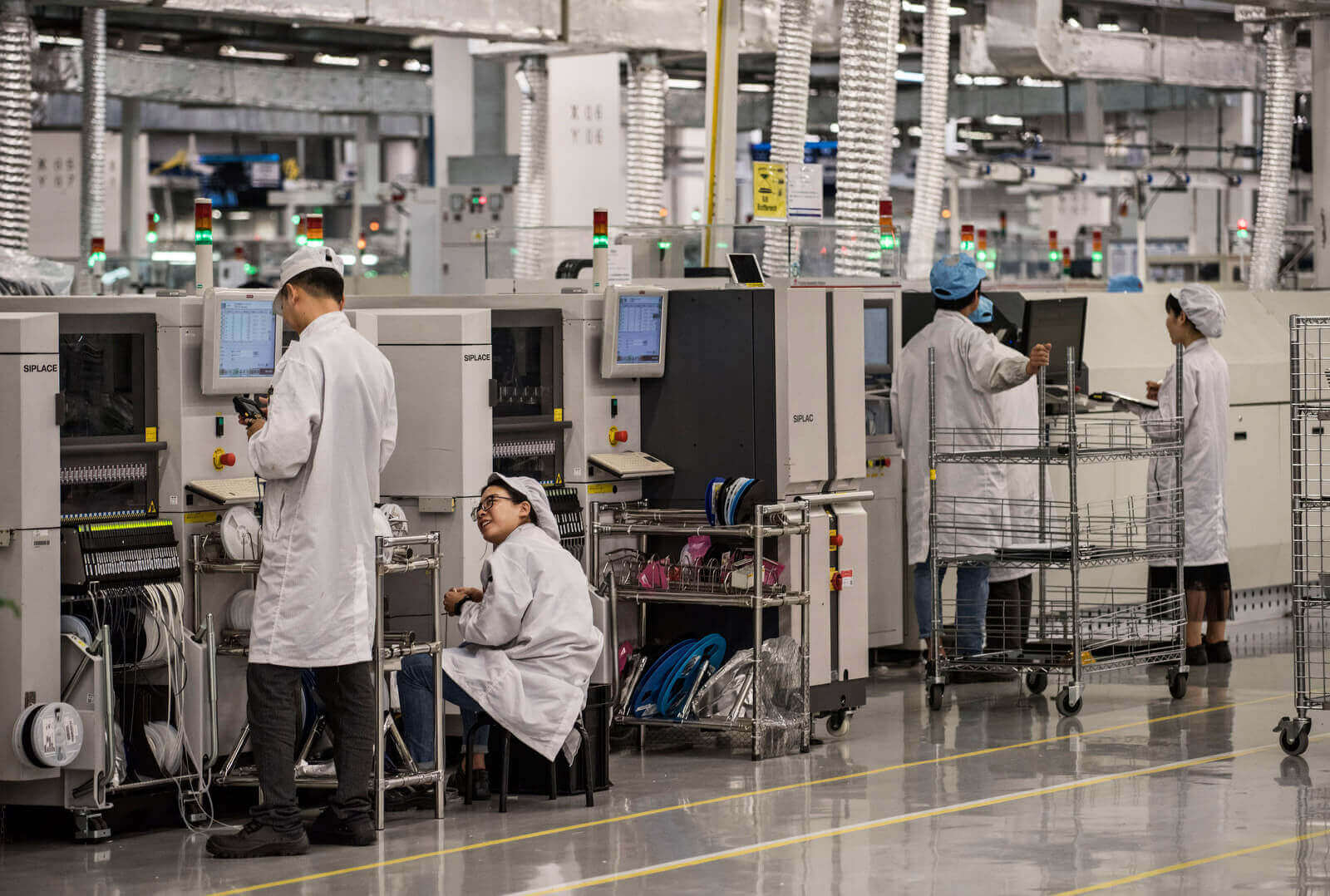Bottom line: China is currently able to produce 20 percent of the chips it needs for the local tech industry, with plans to cover 70 percent of its needs by 2025. If anything, it looks like both the Chinese government and private investors are willing to pay as much as it takes to make it happen, contributing to SMIC's meteoric rise.

With the trade war between the US and China raging on, the latter country is working hard to reduce its dependence on American chips and intellectual property related to semiconductors. Last year, the Chinese government poured no less than $29 billion into local tech companies to accelerate the development of CPUs, GPUs, network chipsets, and modems, among other things.
This is, of course, part of the now-famous "3-5-2" policy to replace all hardware and software solutions used in public institutions with homegrown alternatives -- a measure designed to sever supply chains between the two countries that will severely impact big American suppliers like Microsoft, Dell, and HP.

At the heart of China's ambitious plan to become technologically self-sufficient is the Semiconductor Manufacturing International Company (SMIC). Despite having offices in several countries and being the largest semiconductor foundry in China, SMIC has been a relatively low-profile entity -- that is until June this year when it decided to delist from the New York Stock exchange and make a public offering on Shanghai's STAR Market.
According to Bloomberg analysts, the company looks set to raise as much as $7.6 billion -- over two times its total revenue from 2019. This, along with a generous $2 billion cash injection from China's National Integrated Circuit Industry Investment Fund would go towards an expansion in manufacturing capacity, as well as achieving the more advanced capabilities needed for making 7nm and 5nm chips.
The Chinese government has high hopes that SMIC will help achieve its "Made in China 2025" plan of producing 70 percent of the semiconductors used by the country by 2025. To put things in context, China in 2019 imported $306 billion worth of chips for its local tech industry.

SMIC may be the country's largest chipmaker but it still trails competitors like TSMC and Samsung in several departments. For one, SMIC is only able to produce 14nm chips as of writing, with plans to start 7nm chips by the end of the year -- provided there are no more lockdown-related delays.
That's a far cry from the advanced capabilities of other foundries -- TSMC has been making 7nm chips since 2018 and is on track to start production of 5nm chips later this year. Samsung, too, has been honoring 7nm orders for the past two years and is confident it can get a head start on 5nm chip production by the end of summer.
To put things in perspective, it could take 5 to 10 years for SMIC to catch up with its rivals. According to Professor Zhou Zhiping from the Peking University of Beijing -- a man with decades of experience in the local semiconductor industry -- China will have to contend with the rising costs of developing and manufacturing chips on smaller process nodes.

The problems don't even stop there, as Huawei recently found after a new set of US sanctions severed its ties with TSMC, who is using American hardware and software in its manufacturing. This forced the Chinese tech giant to enter new partnerships with Shanghai Microelectronics, MediaTek, and SMIC, on top of spending billions on a two-year stockpile of American chips.
Huawei is easily one of SMIC's biggest clients, accounting for one fifth of the foundry's chip sales in 2019. However, SMIC is currently only able to manufacture lower-end chips like the Kirin 710A, which are based on a 14nm FinFET process, while using American software tools at every stage of the supply chain.
The Chinese foundry has been exploring domestic alternatives, but it's not clear if that obstacle will be completely overcome in the near future. SMIC will most likely be required to obtain a US export license, or else it risks losing access to essential equipment and software from American suppliers.
One thing is clear -- the Chinese government and private investors are flocking to buy as much SMIC stock as they can to help it close the technological gap between it and the competition. Furthermore, the company made a sensible decision and hired Bai Nong, who is the former general manager of GlobalFoundries, the world's third-largest semiconductor foundry after TSMC and Samsung.
https://www.techspot.com/news/85974-smic-76-billion-share-sale-reveals-china-ambitious.html